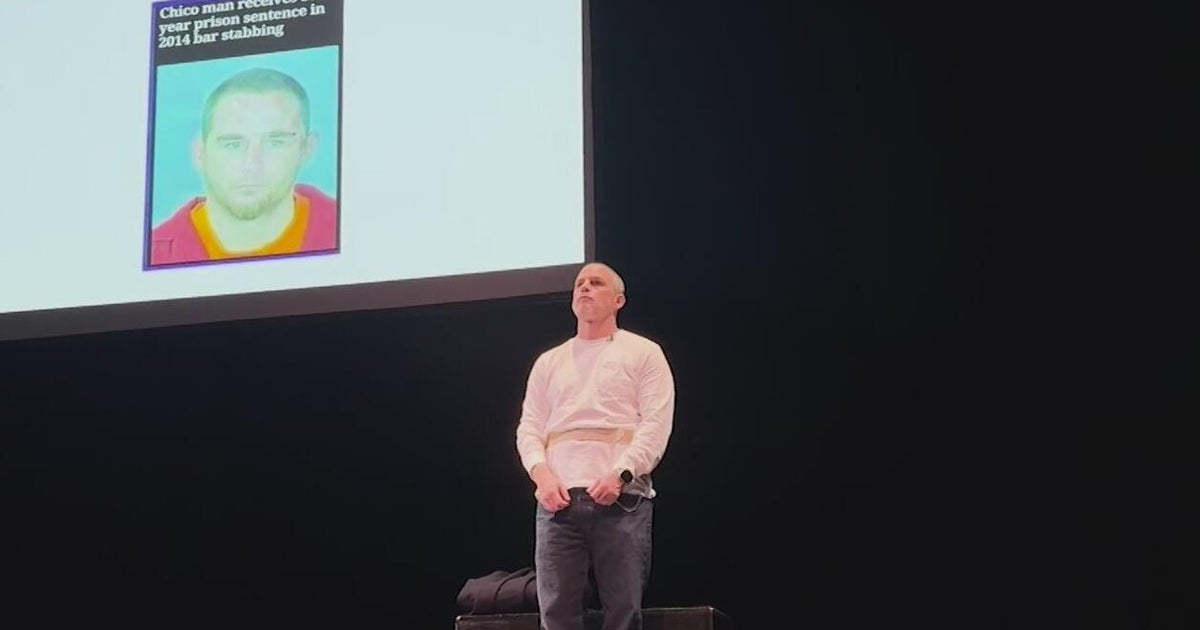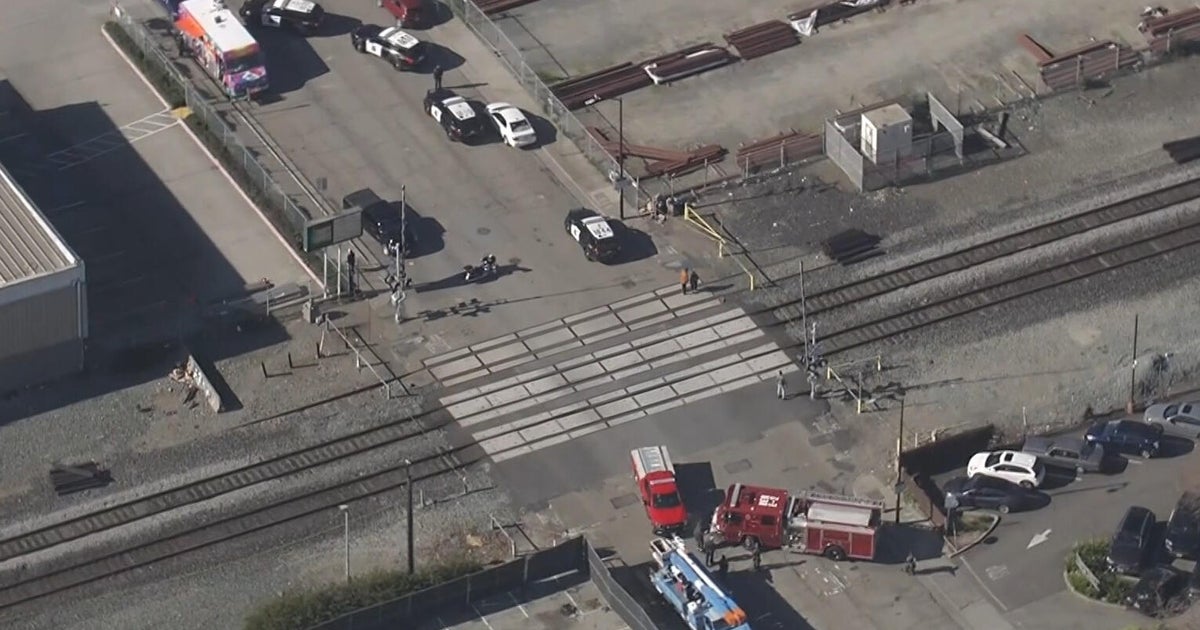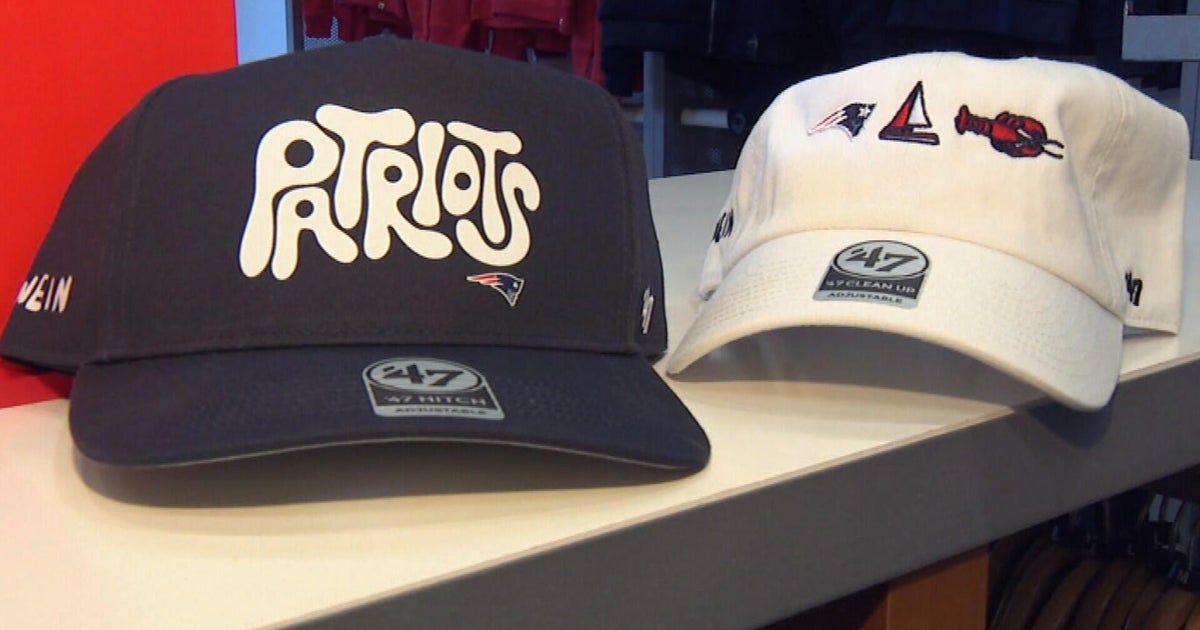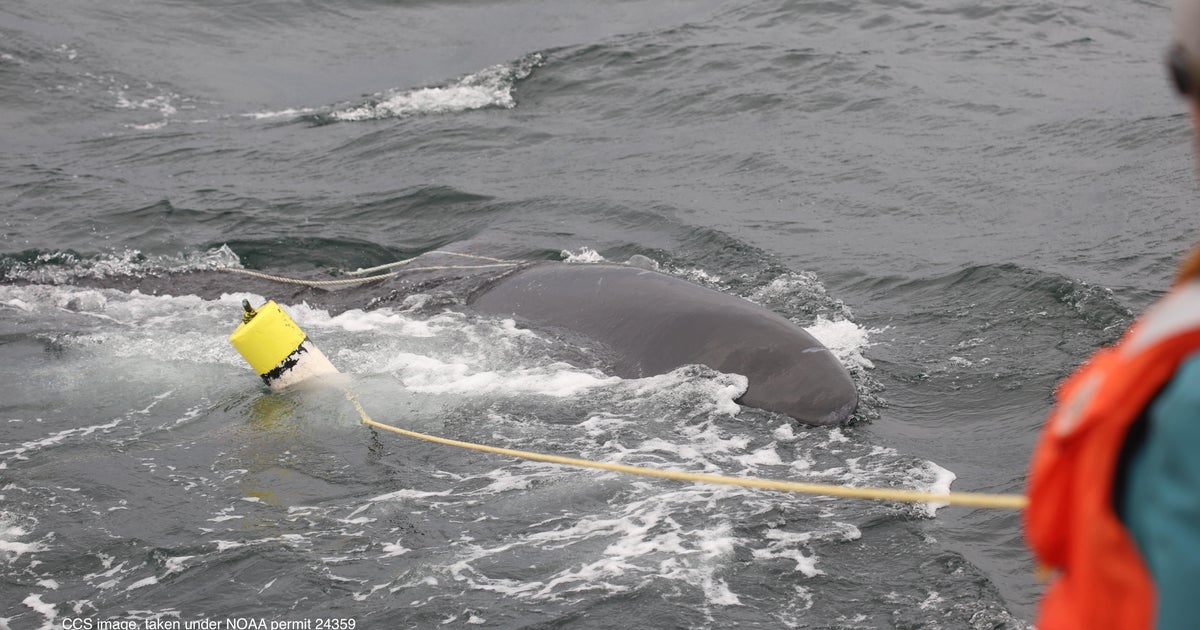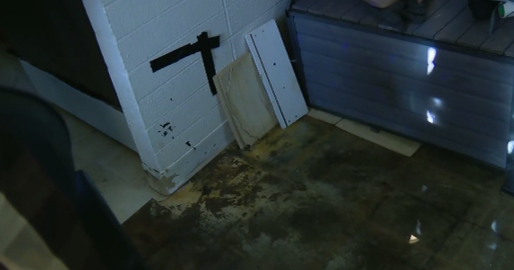Berkeley non-profit works to counter AI election disinformation
Deepfakes - or falsified images made using AI - are already making their way into the 2024 election cycle. With some using the technology to try to defame candidates or persuade voters.
But a Berkeley-based non-profit is hoping to educate others of the technology's potential harm.
"When you see something that makes your enemy look bad, even if you're not sure if it's true, it can enrage you pretty seriously," Lucas Hansen, the co-founder of CivAI, told CBS News Bay Area.
"There's something particular about images and video that just short circuits to the emotions of your brain," he explained. "People have been writing inflammatory text on the internet for as long as the internet has existed, but it just didn't have the same effect. When you see an image or video, it feels real, even if you kind of know that it's not."
Just in the last month, deepfakes have been reposted on social media showing Swifties supporting former president Donald Trump, and a video claiming Vice President Kamala Harris' involvement in a car accident. Both instances have been debunked by experts.
Through CivAI's technology that shows users just how easy it is to mistake a deepfake for a real image, Hansen is hoping to educate others on how to not be fooled.
"Part of what we want to do is education, not just to prepare people for the things that are happening, but so that society can collectively make this decision instead of it being something that happens in an office somewhere in Palo Alto," he said.
Regulation is on the rise, but experts say it may be coming too late to make an impact on this election cycle.
In August, legislation was approved that will require online platforms to remove deceptive content like deepfakes and AI generated images, in the leadup to an election. But it won't take effect until 2025.
AI expert Ahmed Banafa of San Jose State University says the speed of AI development is moving too fast for regulation to catch up.
"I'm really concerned about it because this level of AI can do magic, it can do situation pictures, events it can be done at the right moment and at least it will create some kind of confusion just to make sure this is the impact of the event," he told CBS News Bay Area.
Assemblymember Marc Berman, who represents part of Silicon Valley and co-sponsored the legislation, said the bill "will ensure that online platforms restrict the spread of election-related deceptive deepfakes meant to deceive or disenfranchise voters based on fraudulent content."
"Advances in AI over the last few years make it too easy for practically anyone to generate this hyper-realistic content. AB 2655's passage through the Legislature is a win for California's voters, and for our democracy," he added.
For Hansen, he's hoping we can get ahead of the curve by showing people how real, fake content is impacting us.
"So when this content is going to be used to try to trick or misinform people, then it's important that people know that they ought to be skeptical when they're looking at an image that's just in order to operate in this world," he said. "That's now something like you can't believe everything that you read on the internet."
